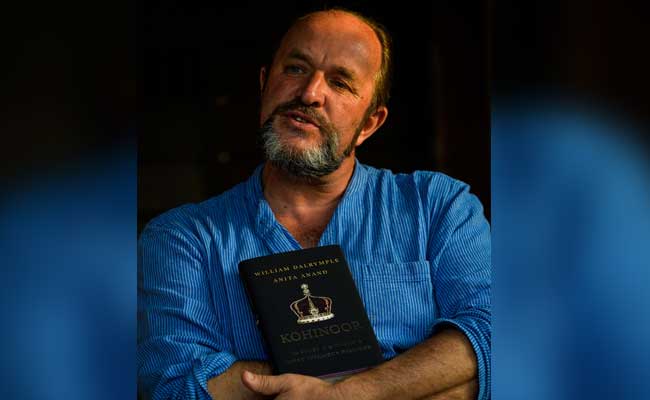
- Historian William Dalrymple said innovations like chess and zero originated in India, not Greece or Egypt
- India was a key trade and cultural hub in the ancient world, he said
- William Dalrymple said Sanskrit served as Asia's scholarly language from 200 BCE to 1200 AD
Innovations such as chess, the concept of zero, and the idea that the Earth moved around the Sun all came from India, not Greece or Egypt, author William Dalrymple has written in his new book, "The Golden Road: How Ancient India Transformed the World."
"These come from India, which was a crucial engine of trade and cultural transmission in the ancient world that has been often overlooked in the intervening centuries," he mentioned.
"It feels like India was the cultural superpower of Asia in that period," he said.
Speaking to CNN's Fareed Zakaria, Dalrymple said that over half the world today lived in countries once shaped by Indian religions or philosophies such as Buddhism and Hinduism. "Buddhism not only spread across Southeast Asia - Thailand, Laos, Cambodia - but also reached China itself," he said.
In his book, he described how India spread its influence largely through culture and trade, rather than conquest. He noted that many other religions were spread through colonialism.
Calling India an "empire of the spirit," Dalrymple mentioned how Hindu and Buddhist imagery endured far beyond India's borders. From Indonesia's national airline, Garuda, named after Vishnu's mount, to Cambodia's grand Angkor Wat, the largest Hindu temple in the world, and Borobudur in Java, the world's largest Buddhist monument.
He noted that between 200 BCE and 1200 AD, Sanskrit played the same role across Asia that Latin did in medieval Europe. "If you were a scholar or ambassador in 10th-century Java or 7th-century Afghanistan, you would be speaking Sanskrit," Dalrymple said.
He also highlighted India's contribution to mathematics and science. Aryabhatta introduced zero and place value, which led to algebra, algorithms, and binary. Even "algorithm" comes from Indian texts, he said.
"Thanks to him, we have algebra, algorithms, and binary," Dalrymple added, noting that even the words "algebra" and "algorithm" trace back to translations of Indian texts. The mathematician who worked on these translations was Brahmagupta.
Islamic scholars in 12th-century Spain described Indians as masters of mathematics, and if you go to Silicon Valley today, people will tell you the same story, he added.
He further highlighted that at the time, if you were travelling across continents, you would be sharing stories from India's great epics. The Mahabharata and the Ramayana were retold and revered across Asia, with their stories appearing on temple walls in places like Thailand and Sumatra.
Last year, India overtook Great Britain to become the fourth-largest economy in the world. He said it was expected to surpass both Japan and Germany within the next five years.
During the NDTV World Summit in 2024, Dalrymple pointed out that Rome and India were the main trading partners of each other in ancient India, not China. He also described Nalanda University as the Oxbridge of ancient India, attracting students from all over, including Korea and Japan.
Track Latest News Live on NDTV.com and get news updates from India and around the world

